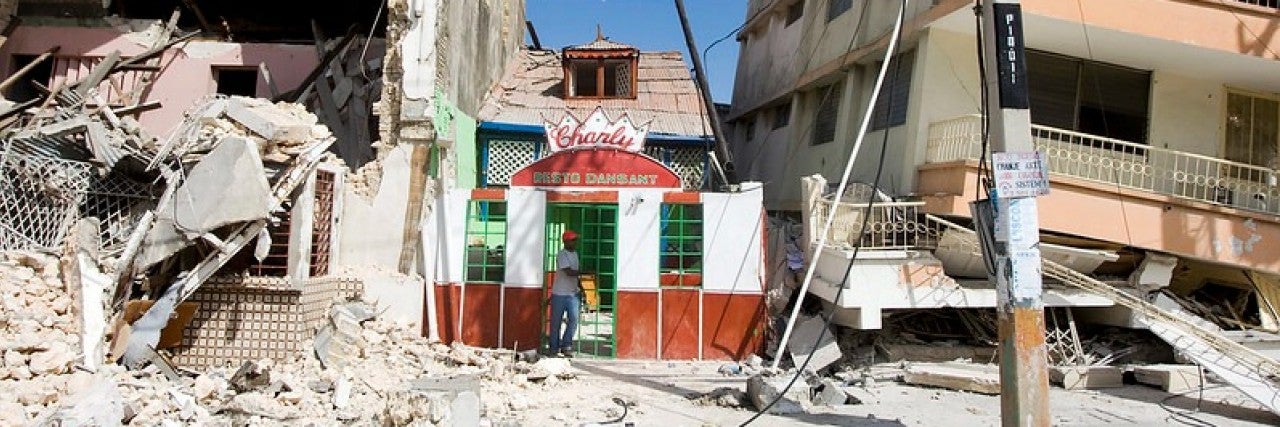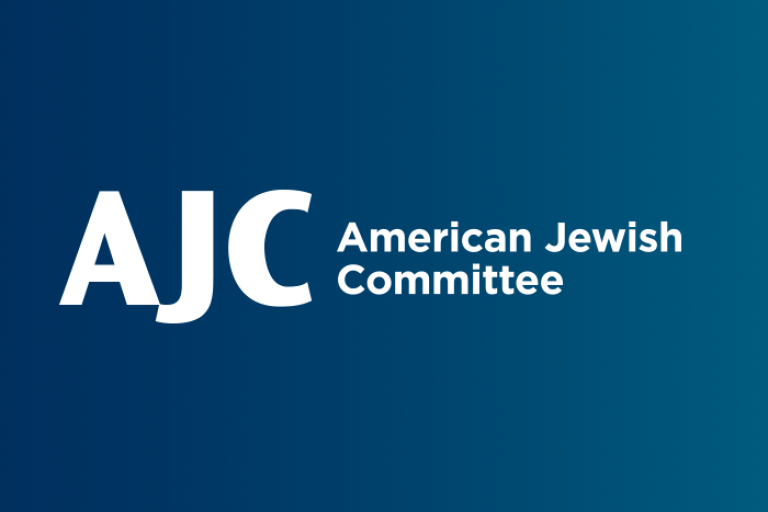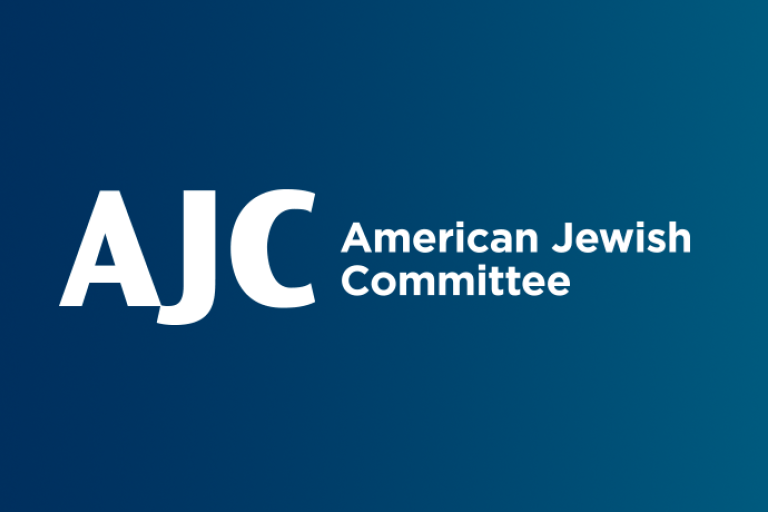August 30, 2021 — Tel Aviv and Miami
This piece originally appeared in the Miami Herald.
By Yotam Polizer and Brian Siegal
The challenges of effectively aiding the people of Haiti after the devastating earthquake are enormous and, seemingly, insurmountable. But those of us engaged in humanitarian relief work globally know that with passionate commitment and creativity we can make a difference in rebuilding communities.
That’s happening now in Haiti, where vulnerable populations are receiving urgently needed hands-on assistance from a group of Israelis, working for IsraAID, and supported by American Jewish Committee (AJC). Our organizations have collaborated during the past 20 years in helping survivors of earthquakes, hurricanes, floods and other disasters in dozens of countries.
Both the Jewish tradition and our humanitarian values command us to respond generously and compassionately to those who suffer a disaster, and Haiti has beckoned us.
It’s not IsraAID’s first time in Haiti, where people have endured a succession of calamities, including the 7.0 magnitude earthquake in 2010, Hurricane Matthew in 2016, the assassination last month of President Jovenel Moïse, as well as dealing with widespread poverty, gang violence and COVID.
IsraAID is a humanitarian relief group that responds quickly, no matter the travel challenges. A team was in Haiti just two days after the 2010 disaster and was similarly quick to arrive this time.
Together with local partners from previous crises, several rural communities — a distance from both the capital Port-au-Prince and Les Cayes, the main city where most aid organizations are gathered — were identified to receive household water filtration systems, personal protective equipment, and mental health support.
Because IsraAID staff were on hand in 2010 and remained in Haiti for another eight years, there is a network of well-established connections in place to deal with the current crisis. Haitians, trained by IsraAID and with experience responding to past emergencies, are integral.
Ben Katzir, IsraAID’s coordinator on the ground, is an Israeli who speaks Haitian Creole. He went to Haiti in 2010 and stayed for several years to help build community-based capacity to carry on the essential relief work. In Torbeck, he and his colleagues are training principals and teachers at four schools serving 1,000 students on using a water-filtering system. Working with respected members of the local community is vital to sharing the tools to ensure a supply of potacble water and other life essentials more widely with the most vulnerable people.
Other members of the joint Israeli-Haitian team are in Petite-Riviere-de-Nippes, a community of about 30,000 people, where IsraAID worked after Hurricane Matthew. In addition to water filters, they are distributing hygiene kits and tarps for families who have lost their homes.
Providing psychological first aid is as essential as food, water and shelter. Based on experiences in Israel with a variety of tragedies, the locally trained team is providing counseling to help people cope with this latest trauma. Indeed, after all that’s happened in the past 11 years, it’s fair to say the Haitian people have been traumatized, again and again. IsraAID’s model is aimed at post-traumatic growth, securing communities’ long-term mental health and building the foundations of a stronger future. This is an area that can be easy to neglect — with devastating consequences
It’s still early in the current crisis, and sustainable disaster relief is more than immediate assistance. It’s working together to build resilient communities able to withstand future emergencies. That’s why IsraAID regularly remains in the countries where it works for months or years, long after other governmental and NGO aid agencies have departed. And, as it did in 2010, IsraAID will stay on this long journey now, together with its Haitian partners.
Trust is critical to success, but based on past experiences in Haiti — and the resiliency of the local population — progress is palpable.
Alleviating the immediate suffering and establishing community-based, sustainable projects are achievable goals. Ultimately, we are working with the quakes’ survivors to rebuild their lives, their communities and their futures, together.
Yotam Polizer is the CEO of IsraAID. Brian D. Siegal is director of American Jewish Committee Miami and Broward County Region.


